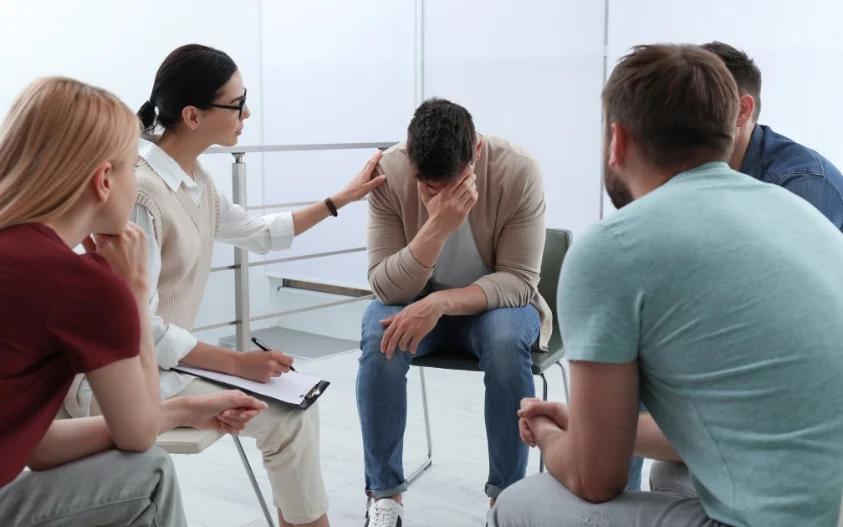24/7 Helpline:
(866) 899-221924/7 Helpline:
(866) 899-2219
Learn more about Ritalin Rehab centers in Washakie County

Other Insurance Options

Sutter

Sliding scale payment assistance

Group Health Incorporated

Private insurance

Aetna

Cigna

Coventry Health Care

Choice Care Network

BHS | Behavioral Health Systems

Excellus

American Behavioral

GEHA

Anthem

MVP Healthcare

Premera

Humana

UMR

Horizon Healthcare Service

Providence

Lucent

Cloud Peak Counseling Center
Cloud Peak Counseling Center is located in Worland, Wyoming. Cloud Peak Counseling Center provides o...












